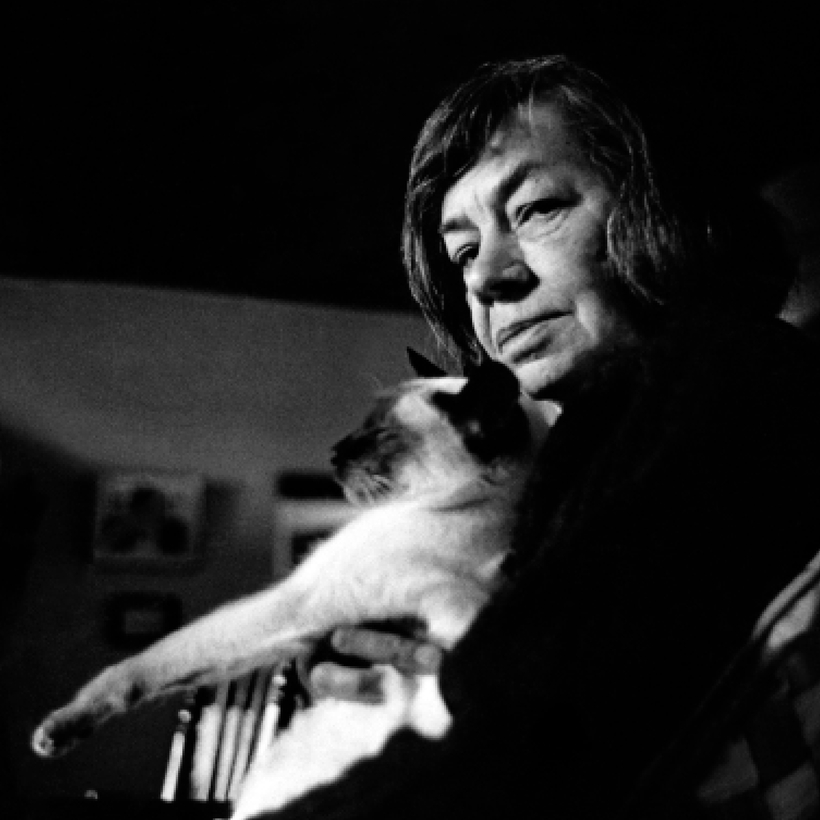Patricia Highsmith is the great novelist of psychological suspense. She was also racist, anti-Semitic, reclusive and an alcoholic. She preferred her cats to people — and even snails, which she carried around and mourned when they died. Unsurprisingly, she was unforthcoming about her private life and refused to authorize a biography in her lifetime.
After her death, though, in the fortress house she had constructed for herself in Switzerland, an enormous archive of personal testimony was discovered: 18 diaries and 38 notebooks (entries from which are marked here by an asterisk), amounting to 8,000 pages.

